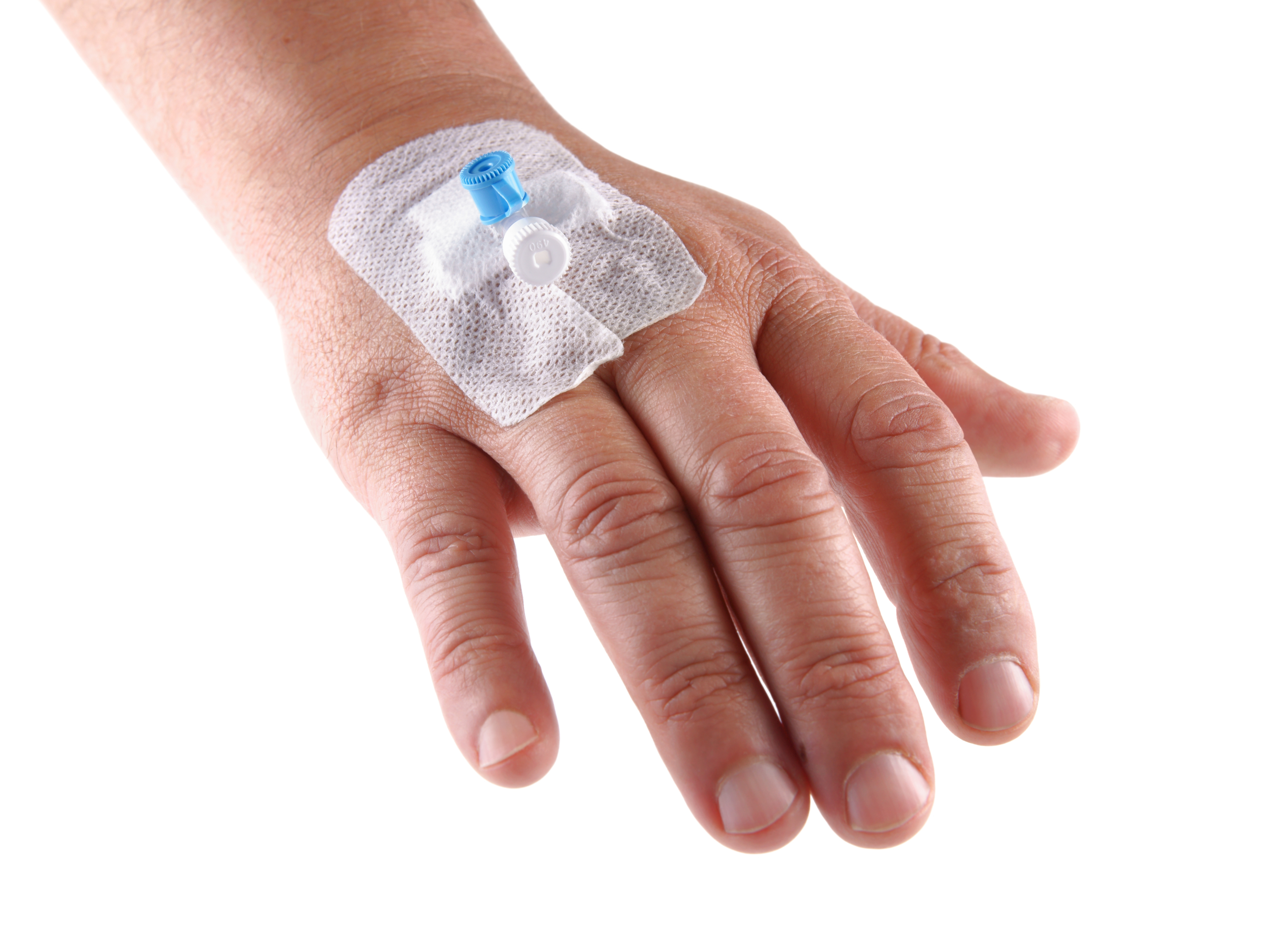Bone Scan
A bone scan uses small amounts of a radioactive substance to help diagnose different bone conditions.
A bone scan uses small amounts of a radioactive substance to help diagnose different bone conditions.
© Cancer Research UK [2002] All rights reserved. Information taken 21/03/23. Cancer Research UK is independent from Prostate Cancer Research.
If you have prostate cancer it is used to see if your prostate cancer has spread to your bones. This is called bone metastases.

Your test results may take one-to-two weeks to come back. You may get these results during a follow-up appointment with your doctor.

Our services search tool (link will open in a new tab) will allow you to search for hospitals near you that offer bone scans.